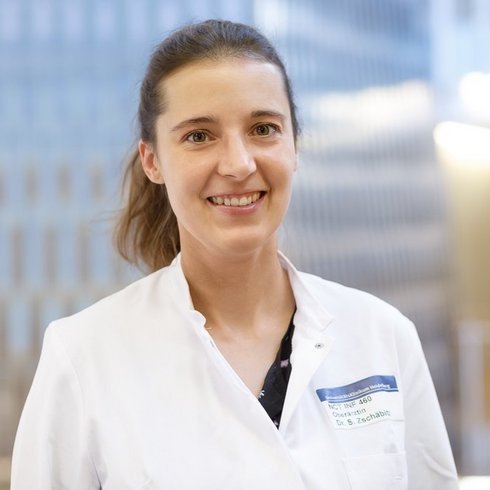CP Urogenital
Summary
Clinical and translational research activities focus on development of personalized therapies, search for prognostic and predictive biomarkers.
Coordinator
Prof. Dr. Stefan Duensing
Molecular Urology, Heidelberg University Hospital
Dr. Stefanie Zschäbitz
Dept. of Medical Oncology, NCT/Heidelberg University Hospital
Prof. Dr. Markus Hohenfellner
Dept. of Urology, Heidelberg University Hospital
Prof. Dr. Dirk Jäger
Dept. of Medical Oncology, NCT/Heidelberg University Hospital
Prof. Dr. Holger Sültmann
Division of Cancer Genome Research, German Cancer Research Center
Clinical Activities
- Multidisciplinary Tumor boards
- Multidisciplinary outpatient and inpatient service
- Personalized treatment based on genetic analysis within and outside clinical trials
- Personalized immunotherapies within and outside clinical trials
The Uro-Oncology program focusses on both cutting edge molecular and immunotherapeutic strategies for personalized tumor treatment. Tumor heterogeneity and target detection is one major aim (Höfflin et al (Nature communications 2016). The MORE trial (Dietz et al, Oncotarget 2017) is an ongoing IIT for patients with renal cell cancer. It is the first trial to show the clonal evolution of cancer cell progressing on TKI therapy with the aim of a better tailoring of targeted therapy. Another major achievement is the development of a homologous DNA repair damage panel for prostate cancer patients with high risk disease. This panel can identify BRCAness within the tumor a condition associated with a worse response to chemotherapy (Nientiedt et al. Nature scientific reports 2017) and a target population for the treatment with PARP inhibitors (Nientiedt et al. Ann. Oncology 2016). In Platinum refractory germ cell cancer a trial has been designed for treating these patients with a PD1 checkpoint inhibitor immunotherapy (Zschaebitz et al Ann. Oncology 2016) resulting in major responses in selected patients (Zschaebitz et al. European Journal of Cancer 2017).
Preclinical Activities
Molecular Urooncology in collaboration with the Sültmann lab, the Schlesner lab and the Stenzinger lab:
- Whole exome sequencing, mutational signatures, analysis of clonal phylogeny, multiregion reconstruction of clonal evolution
- Panel next generation sequencing to detect DNA repair defects in prostate cancer
The pre-clinical research programs in Uro-oncology focus on a better understanding of genomic instability, intratumoral heterogeneity and therapy resistance in prostate and renal cancer. Major achievements are the identification of spatial niches as driving forces for intratumoral heterogeneity in renal cancer (Hoefflin et al., 2016) and an in-depth analysis of DNA-repair gene defects in prostate cancer (Nientiedt et al., 2017). In vivo and in vitro studies to characterize mechanisms of antiandrogen and chemotherapy resistance as well as phenotypic drug screens also part of the pre-clinical research program (Zhou et al., Neoplasia 2014; Schneider et al., Urol. Oncol. 2015; Mang et al., Urol. Oncol. 2017).








